Our partners at Zinpro are publishing a four-part series on viruses, their impact on animals and animal production, and strategies to effectively mitigate the risk they pose. Here are the first two articles, jointly written by Dr Chris Ashworth, Zinpro’s global RNS species leader for beef, and Dr Marco Rebollo, a lead researcher in poultry at Zinpro.
In Part 1, Dr Ashworth explains explains in simple terms just how common viruses are, how they spread and infect animals and humans, and how their constant evolution to adapt to new hosts can cause pandemics and have serious implications for both human and animal health. By taking some basic precautions to stop the spread of viruses, as a first line of defense, their potentially malignant adaptative efforts can be prevented.
In Part 2, the focus shifts to post-infection effects of the virus and how the animal’s immune system reacts to infection. Dr Rebollo explains the sequence of events that follows a viral infection, from the initial “emergency response” by phagocytes after the virus has been identified as alien, to the “mopping-up operations” as the remaining viruses are hunted down by the immune system’s inflammatory response. This can be a quick skirmish that is over in a few days or evolve into a war of attrition that depletes the body’s resources to the point of collapse without proper support. Vaccines attempt to lessen the severity of infections by preparing the immune system for a potential infection. However, the immune system requires sufficient nutrition to adequately respond to viral challenges, whether they be by vaccination or an actual infection. Trace minerals plays in important role in activating and modulating the immune response after a pathogenic viral infection.
Remember to check back for Part 3, which dives into the role essential trace minerals play in protecting animals against viruses, and Part 4, which takes a closer look at zinc and how it improves the immune response to viral infections. You can also read all the articles as published in Zinpro’s Essential Feed newsletter.
Heinrich Jansen van Vuuren holds a BSc in animal science from the University of Pretoria and is the team lead for amino acids, companion animals, and aquaculture at Chemuniqué.
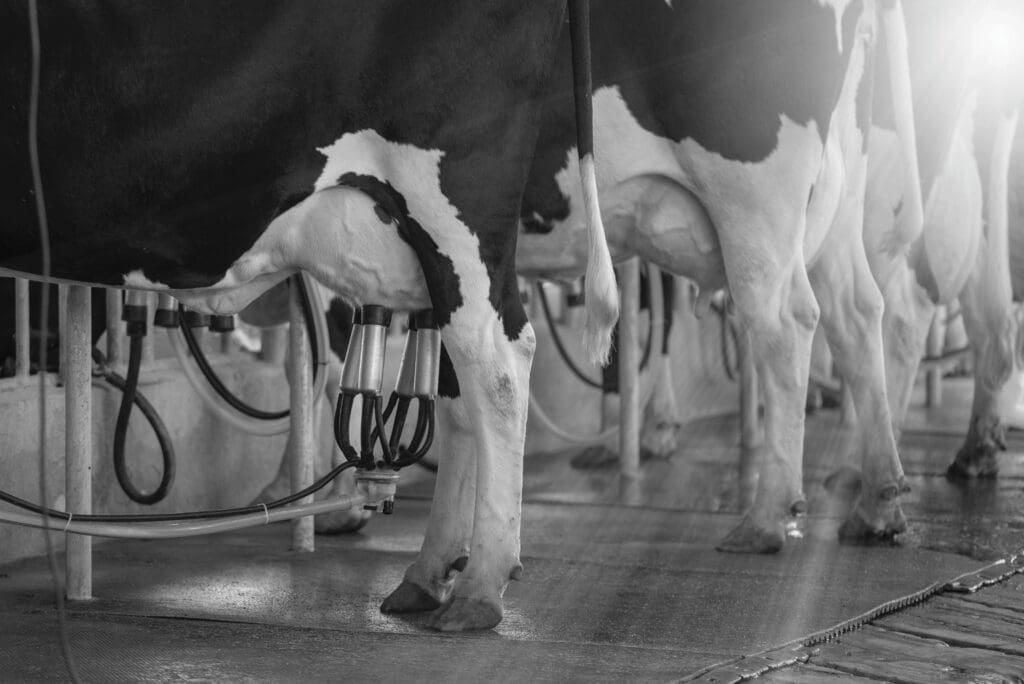


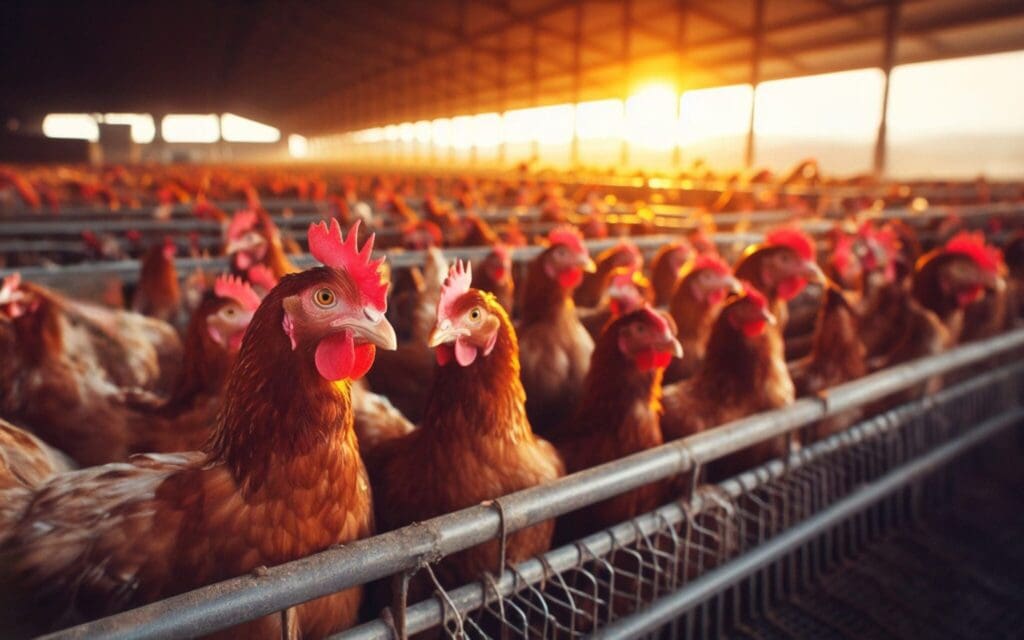
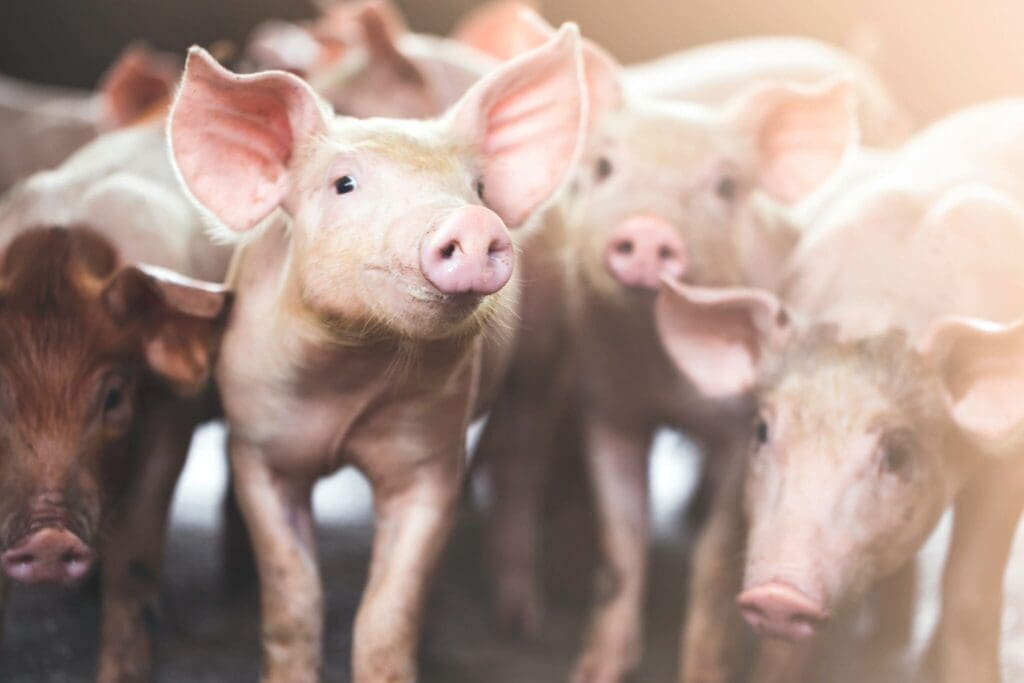
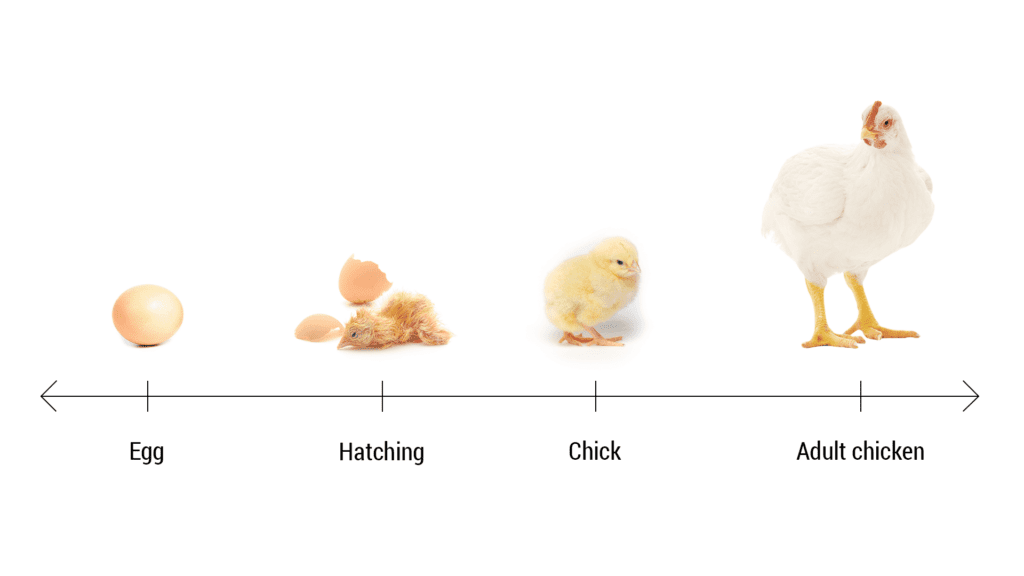

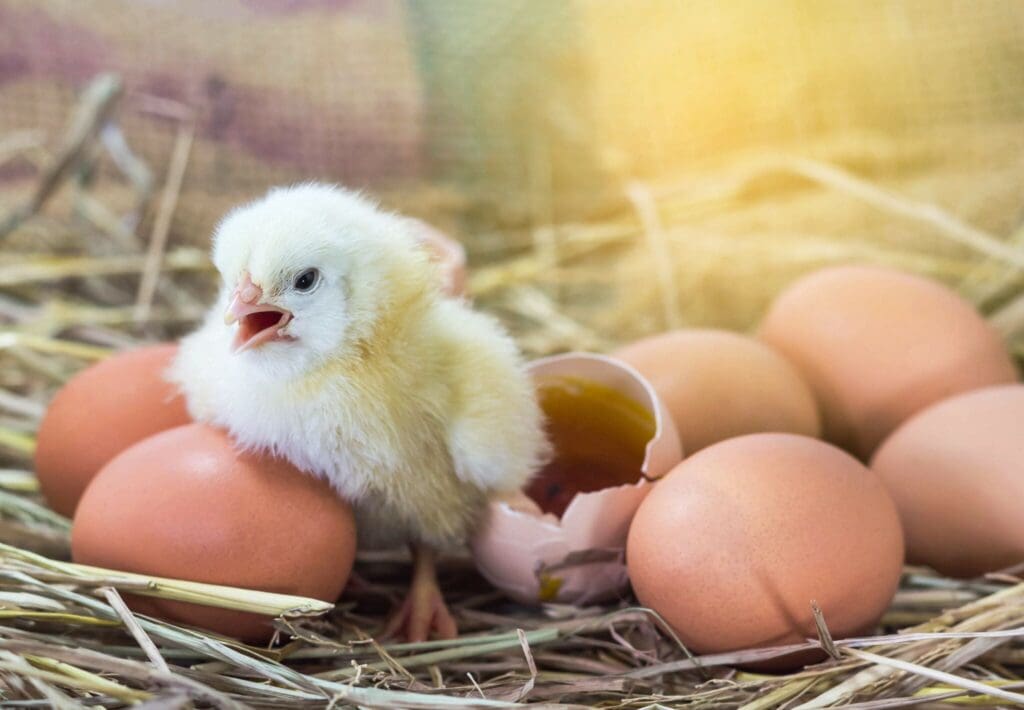

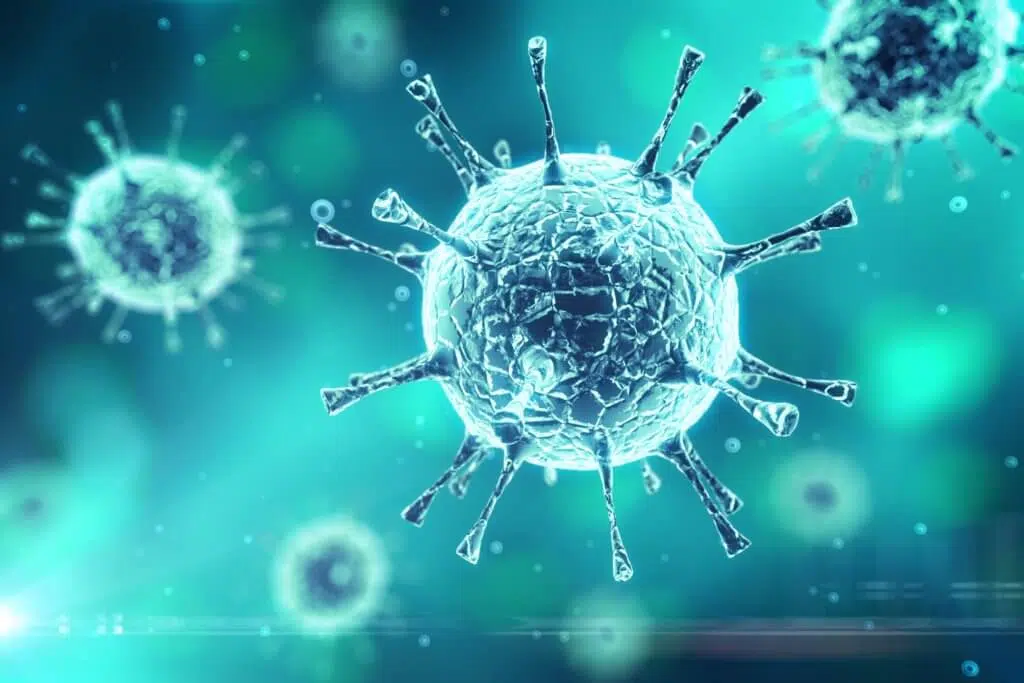

Just read part 1 which is really interesting, thanks, Heinrich.